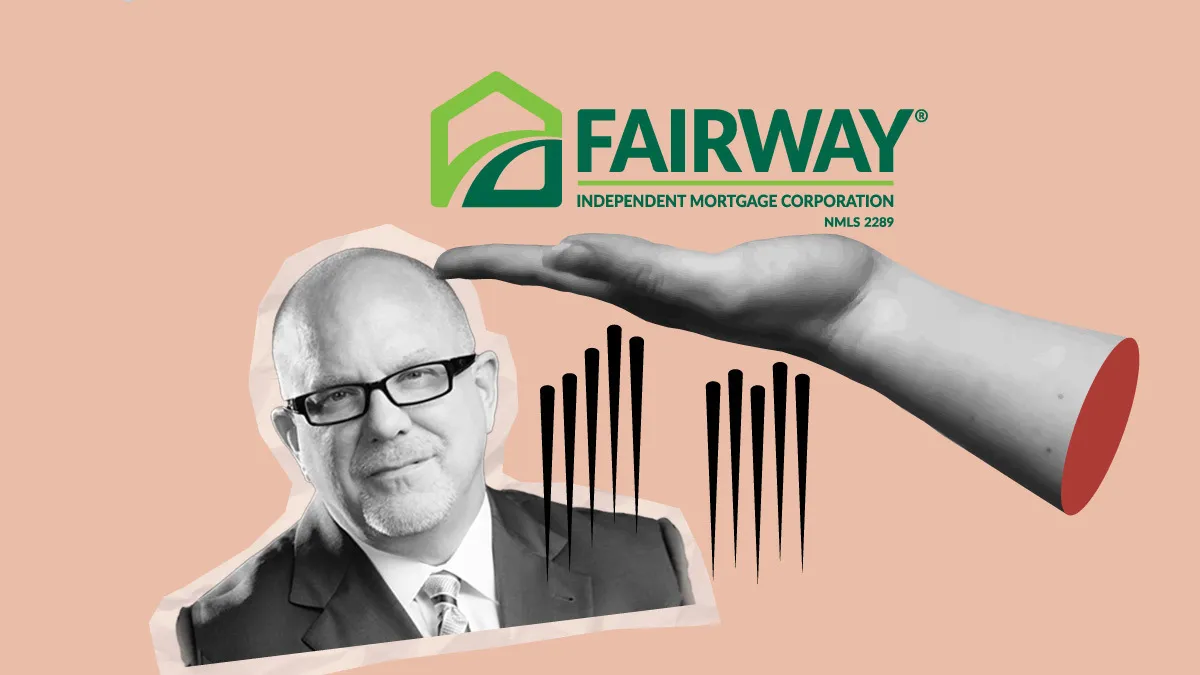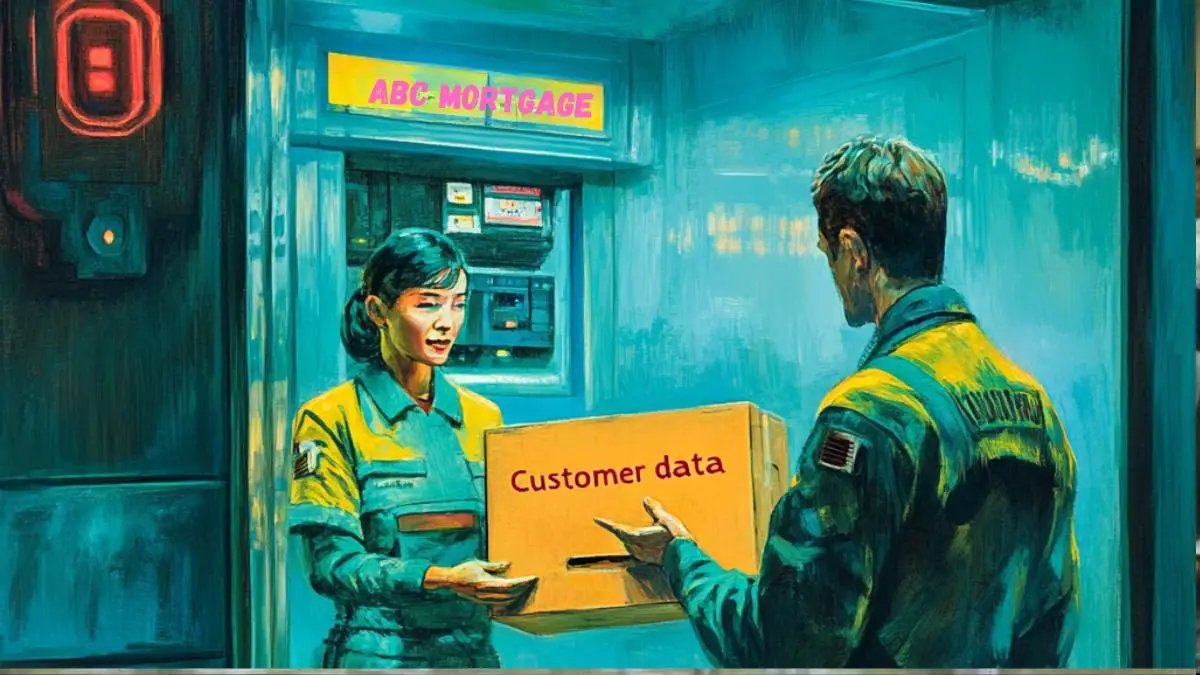Fairway’s Steve Jacobson is “focused on speed” as he builds the company’s culture

On this week’s episode of the Power House podcast: HousingWire President Diego Sanchez speaks with Steve Jacobson, CEO of Fairway Independent Mortgage Corp. The pair explores best practices for building a corporate culture surrounded by humility and loyalty, growth strategies, community involvement and more. The duo also discuss Fairway’s status as a top 15 mortgage lender, even after its decision to exit the wholesale channel.
To open the conversation, Sanchez asks Jacobson to explain how Fairway uses the power of positive recommendations to boost the production of the company’s loan officers. Jacobson explains the importance of serving the broader community, which earns Fairway recommendations while building a positive reputation.
Sanchez continues with another question about creating loyalty within Fairway’s ranks. Jacobson explains that Fairway prioritizes employee freedom of expression and inclusivity that competing brands may not have. Additionally, after a few years of economic turmoil in the mortgage industry, Jacobson says that creating a culture of freedom and inclusivity is more important than ever to Fairway’s continued success.
Sanchez then asks Jacobson how he retains high-level production leaders within Fairway’s ranks. He explains that speed and customer service reign supreme in every aspect of business, including the mortgage industry.
“Our competition is the one that gives us the best customer service,” Jacobson says. “As consumers we expect everything instantaneously. So creating discipline across multiple sectors of a company where speed is our main focus is not easy, but I think you have to have systems across the board that are focused on speed.”
He says all players in the mortgage industry need to embody that speed-first mentality. Jacobson personally embodies this mentality in his individual practices and communiqué. Fairway’s consumers and employees expect speed and precision from the company, and the company’s speed comes from nothing more than discipline.
Later in the conversation, the duo dives deep into growth and strategy. Sanchez asks Jacobson to explain Fairway’s decision to leave the wholesale channel. Jacobson says Fairway has been highly profitable in the wholesale mortgage market, with average annual sales of $3 billion to $4 billion. But he felt Fairway should focus on other areas of the business that would be more sustainable for the company over time. That decision prompted Jacobson to make the change, which he said came far too late.
Jacobson also discusses recent changes in the real estate and mortgage industries. He believes these changes won’t play a major role next year if mortgage lenders and other professionals embody a professional work ethic.
“When you have people who are focused on their work, focused on what they can control, we still have people taking out more than 40 loans a month,” Jacobson said. “Whatever next year brings, it doesn’t matter. The people who work will grow.”
In 2025, Fairway’s growth strategy will focus on organic loan generation, recruitment and other growth areas that are common priorities across the industry. This is why Fairway wants to differentiate itself without creating excessive volume, says Jacobson, while also sharing that Fairway will service its own loans rather than relying on a subservicer.
Concluding the conversation, Jacobson explains his plan to sell Fairway to his employees and give them the opportunity to grow individually. He emphasizes that giving back to Fairway’s employees is essential to the company’s growth.




